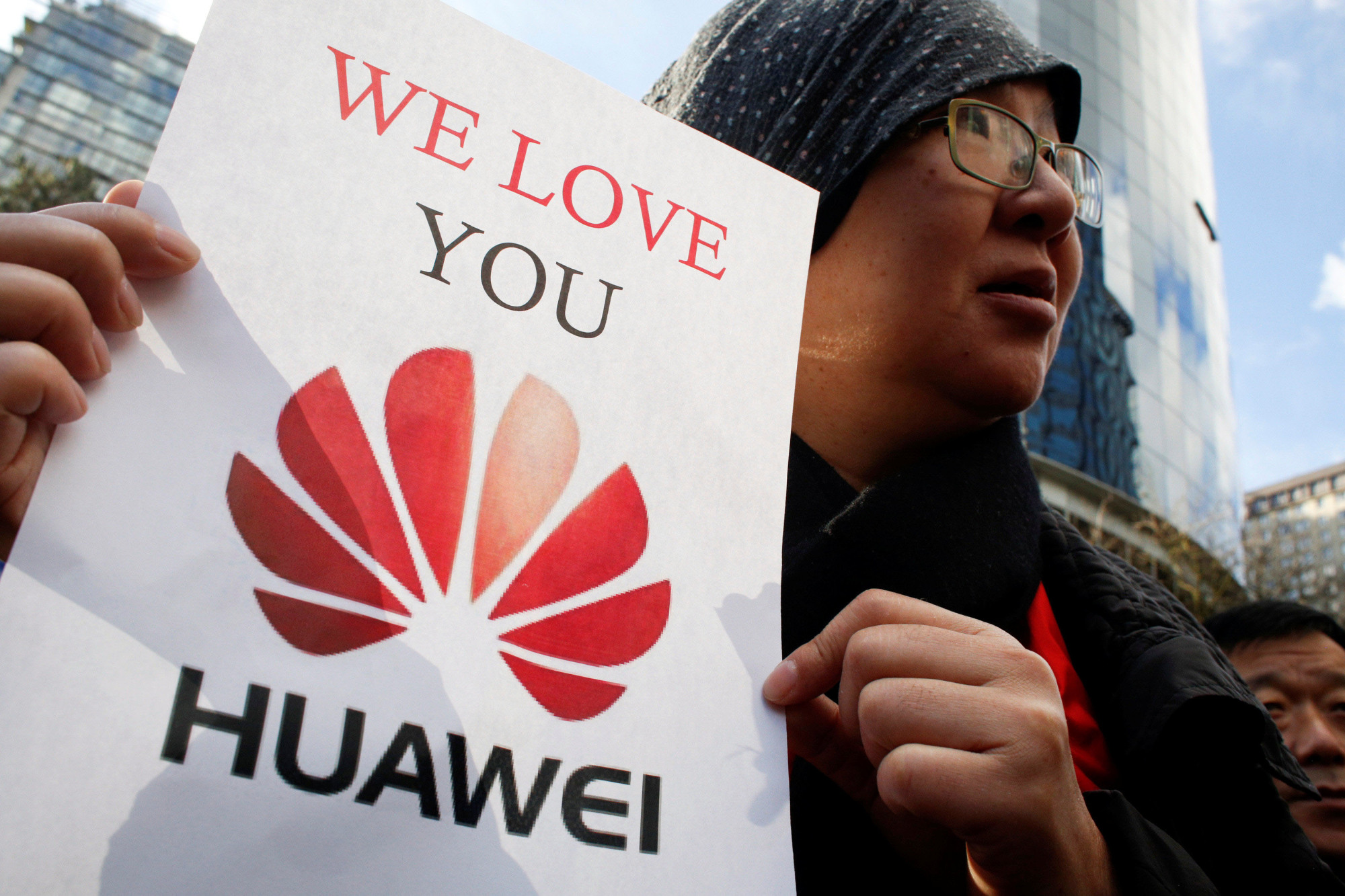In clear reprisal for Canada's U.S.-sought arrest of the Huawei founder's daughter, China has detained two Canadians on charges of undermining its national security but has shied away from taking any action against the United States. This is in keeping with Beijing's record of acting only against the weaker side, even if it happens to be a U.S. ally.
For example, when the U.S. installed its Terminal High Altitude Area Defense (THAAD) anti-missile system in South Korea, China used its economic leverage to retaliate against South Korea but not against the U.S. The heavy-handed economic sanctioning of South Korea in 2017, partially extending into this year, illustrated Beijing's use of trade as a political weapon.
Similarly, after U.S. President Donald Trump in March signed the Taiwan Travel Act, which encourages official visits between the U.S. and the island, China staged war games against Taiwan and bribed the Dominican Republic and Burkina Faso to break diplomatic ties with Taipei. The U.S., however, faced no consequences.

















With your current subscription plan you can comment on stories. However, before writing your first comment, please create a display name in the Profile section of your subscriber account page.